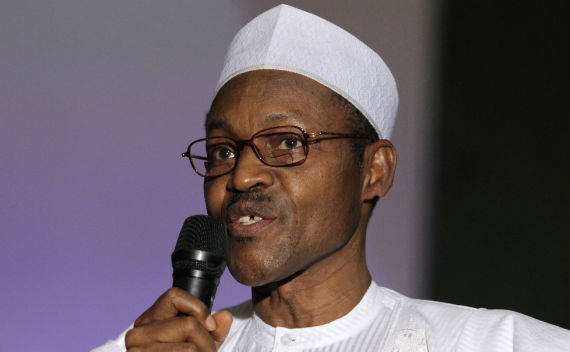Egypt’s Uprising and Nigeria
More on:

Nigerians are paying attention to Tunisia and Egypt. The distinguished Nigerian journalist Reuben Abati recently wrote that Nigeria’s endemic poverty and alienation from government create the potential for “widespread rebellion in the land”—suggesting that the recent uprisings in North Africa could be repeated in Nigeria.
Opposition presidential candidate and former military head of state, Muhammadu Buhari, says that the 2011 presidential elections provide Nigerians with the opportunity to throw out the ruling party without taking to the streets, as was the case in Cairo. However, Buhari stated last year that if the April 2011 presidential elections are stolen, he will not head to the courts as he did in 2007.
I have argued that a Cairo-like event in Nigeria is unlikely. I still stand by that judgment. However, if the 2011 elections are stolen from Buhari, then some Nigerians may indeed take to the streets, especially in the North, and Lagos and Kano. Nevertheless, it is unlikely there would be the same overwhelming national unity of purpose that we have seen in Egypt and Tunisia.
More on:
 Online Store
Online Store